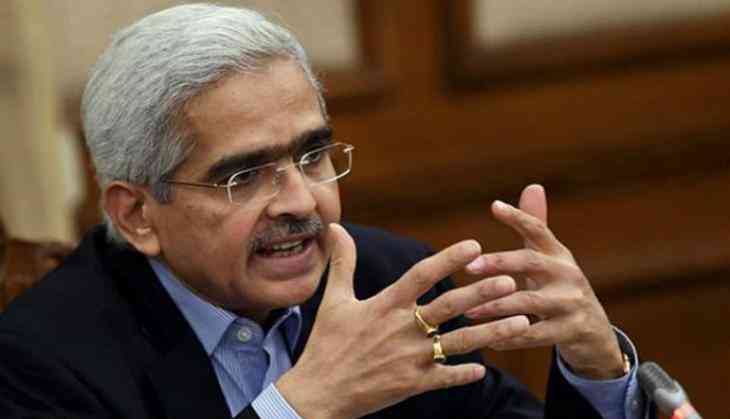
The Reserve Bank of India (RBI) on Thursday resolved to keep the repo rates unchanged at 4 % in the midst of rising inflationary pressure and a grim economic outlook. The RBI Governor Shaktikanta Das stated that the real GDP growth will remain negative in financial year 2020-21.
Furthermore, the RBI's Monetary Policy Committee unanimously decided to keep the key rates unchanged and maintain an "accommodative" stance, for "as long as necessary to revive growth, and abate the impact caused by COVID-19.
Here are key highlights:
1) With the status quo on key lending rates, the repo rate or the rate at which the RBI lends short term funds to commercial banks - currently stands at 4.0 % and the reverse repo rate is at 3.35 %.
2) The RBI Governor stated that the ‘battle against Covid-19 is most intense at the current stage’, saying that regulatory response should be "dynamic, pro-active and balanced".
3) Decision on policy rates fell short of expectations of two-thirds of analysts in a poll by Reuters, who had projected a 25-basis-point cut in the repo rate.
4) RBI Governor stated tha the country's real gross domestic product (GDP) is expected to remain in a contractionary mode in both the first half and the entire financial year 2020-21.
5) The RBI Governor stated that economic activity in the country had started to recover from the lows of April-May, but the increase in Covid-19 cases has forced restoring of lockdowns in several cities and states, while global economic activity has remained fragile.
6) Manufacturing firms expect demand in the country to recover bit-by-bit starting September quarter and to sustain through the first quarter of the next financial year, he stated. But external demand is expected to remain "anaemic under the weight of global recession and contraction in global trade".
7) Shaktikanta Das announced an additional special facility worth Rs 10,000 crore, including Rs 5,000 crore to the National Housing Bank (NHB), to back the housing and shadow banking sectors against liquidity disruptions.
8) Das stated that the restructuring framework for troubled but healthy small businesses is already set up, which has give relief to a large number of organisations. Mr Das said the RBI will now bring stressed MSMEs eligible for restructuring their debt under the existing scheme, provided their accounts were classified as "standard" by 1st March, 2020. This restructuring will be enforced by March 31, 2021.
9) RBI’s Monetary Policy Committee expects inflation to stay at elevated levels in the July-September period, and ease in second half of the current financial year supported by a "favourable base effect". The MPC has judged that coronavirus-related supply chain disruptions will continue with implications for both food and non-food prices.
10) RBI has already lowered the repo rate by a total of 115 basis points since February, on top of the 135 basis points in an easing cycle in 2019, from 6.50 %.
Also Read: Yes Bank Crisis: RBI caps withdrawal limit; panic spreads after shares plummet


